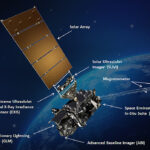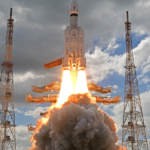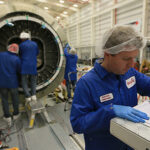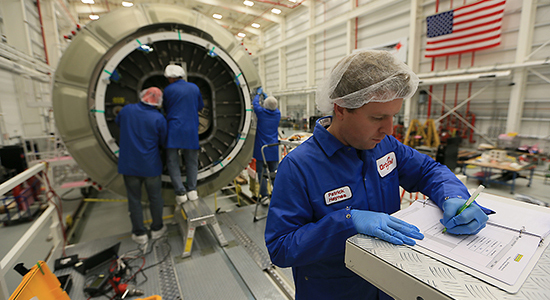
Careers in satellite technology have soared to unprecedented heights, revolutionizing how we perceive the cosmos and enhancing our daily lives on Earth. With an ever-expanding array of satellites being launched into space, the demand for skilled professionals in /this domain has surged exponentially. If you have a passion for space exploration, cutting-edge technology, and an inclination toward problem-solving, then a career using satellite technology may be your ticket to the stars.
In this blog, we’ll explore nine thrilling careers in satellite technology that allow you to embark on a cosmic journey, shaping the future of space exploration and satellite innovation.
Careers In Satellite Technology
| Career | Salary Structure | Educational Qualification |
| Satellite Engineer | $70,000 – $120,000+ | Bachelor’s/Master’s in Engineering |
| Orbital Analyst | $110,000 – $140,000+ | Bachelor’s/Master’s in Engineering |
| Space Mission Analyst | $60,000 – $100,000+ | Bachelor’s/Master’s in Data Science/Engineering |
| Satellite Communications Specialist | $75,000 – $120,000+ | Bachelor’s/Master’s in Telecommunications/Electrical Engineering |
| Remote Sensing Specialist | $70,000 – $110,000+ | Bachelor’s/Master’s in Remote Sensing/GIS/Geography |
| Satellite Software Engineer | $80,000 – $130,000+ | Bachelor’s/Master’s in Computer Science/Software Engineering |
| Satellite Project Manager | $65,000 – $100,000+ | Bachelor’s/Master’s in Aerospace/Engineering/Physics |
| Satellite Payload Specialist | $75,000 – $120,000+ | Bachelor’s/Master’s in Aerospace/Electrical Engineering |
| Spacecraft Systems Analyst | $80,000 – $130,000+ | Bachelor’s/Master’s in Aerospace/Systems Engineering |
1. Satellite Engineer
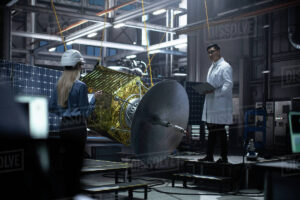
Satellite engineers are the masterminds behind the design, development, and maintenance of satellites. From crafting intricate electrical and mechanical systems to ensuring flawless launch operations, their expertise lies in optimizing satellite performance and longevity. This career demands a strong grasp of engineering principles and the ability to tackle the unique challenges that space environments present. You can get more information from this article on eblogsindia.com.
2. Satellite Communications Specialist
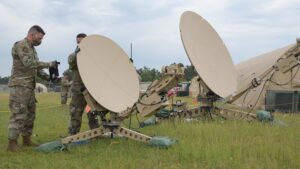
Satellite communications specialists play a crucial role in establishing and maintaining the communication link between ground stations and satellites. They ensure seamless data transfer, telecommunication services, and satellite navigation systems. Their work empowers global connectivity, enabling people worldwide to communicate, access the internet, and receive real-time data.
3. Remote Sensing Specialist
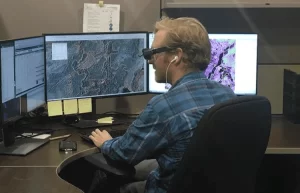
Remote sensing specialists harness the power of satellite imagery to monitor Earth’s surface from space. They analyze data collected by satellites to track environmental changes, manage natural resources, and aid in disaster response. This career using satellite technology is at the forefront of addressing critical global challenges, such as climate change and sustainable development.
4. Spacecraft Systems Analyst
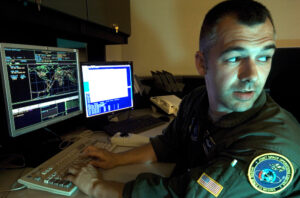
Spacecraft systems analysts are responsible for monitoring and troubleshooting satellite operations. They meticulously analyze satellite data to identify potential issues, implement corrective measures, and optimize overall performance. This role demands exceptional problem-solving skills and an eye for detail.
5. Satellite Software Engineer
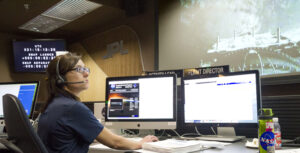
6. Orbital Analyst

Orbital analysts calculate and predict the orbits of satellites to optimize their trajectories and ensure collision avoidance. Their work is critical to maintaining a safe and efficient satellite network, as well as to supporting satellite deployment strategies.
7. Satellite Payload Specialist
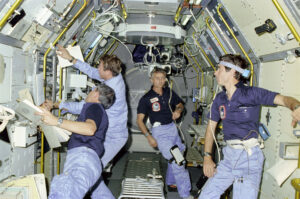
8. Satellite Project Manager

Satellite project managers oversee satellite missions from inception to completion. They coordinate teams of experts, set project goals, manage budgets, and ensure that missions are executed according to schedule. Leadership and organizational skills are vital for success in this role.
9. Space Mission Analyst
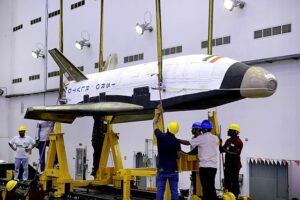
Space mission analysts assess the feasibility and potential impact of satellite missions. They evaluate scientific objectives, technical requirements, and financial constraints to recommend mission proposals to space agencies or private companies. You can go through this site of ISRO.
Conclusion
The universe of satellite technology offers a myriad of fascinating career opportunities for those who dare to dream beyond our planet’s boundaries. Whether you’re intrigued by satellite engineering, passionate about data-driven environmental solutions, or fascinated by the sheer vastness of space, there’s a perfect path for you in this thriving industry.
Embrace the challenges and rewards of careers in satellite technology, and you may find yourself making history among the stars. So, what are you waiting for? Launch your career into orbit and be a driving force in shaping the future of space exploration!
